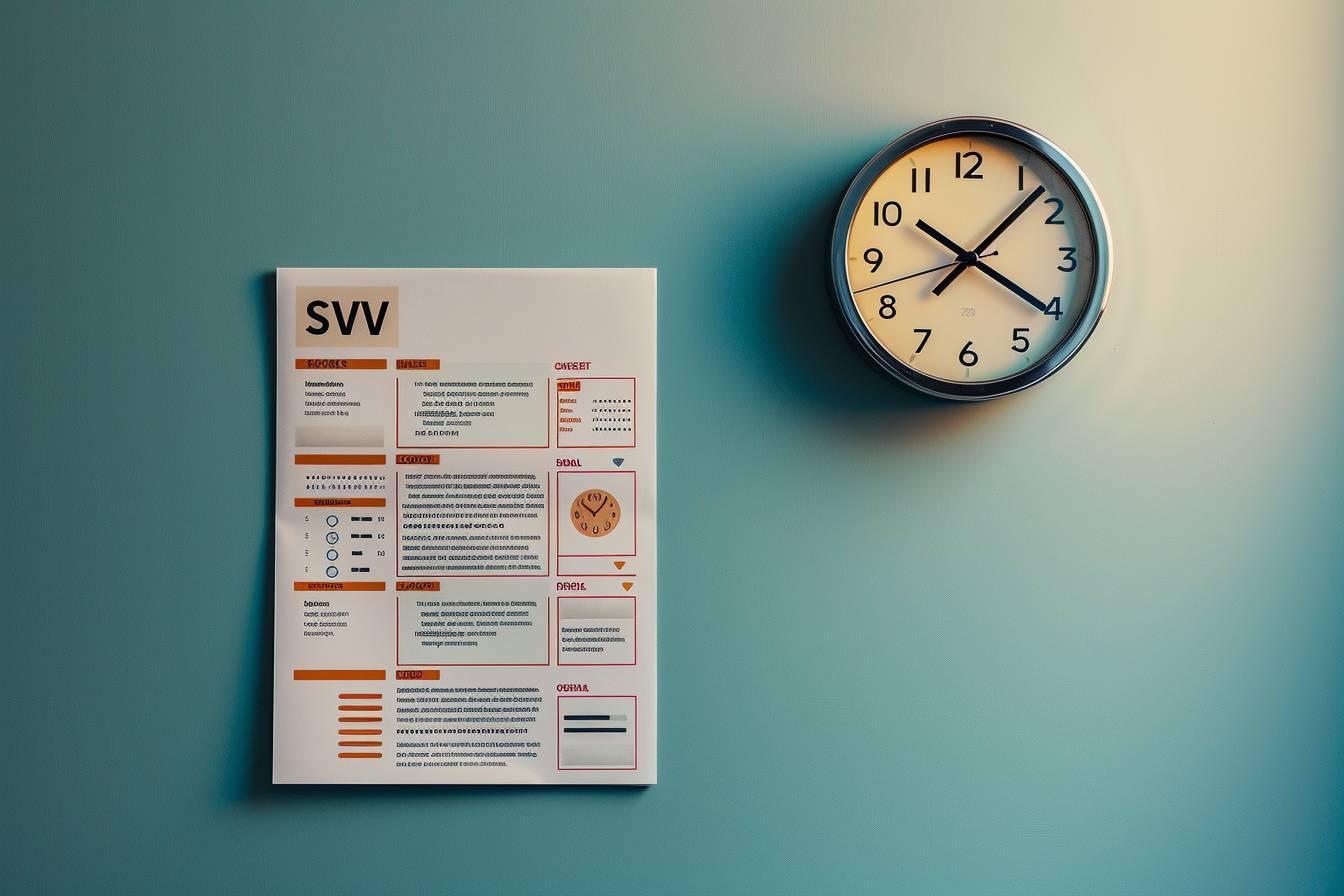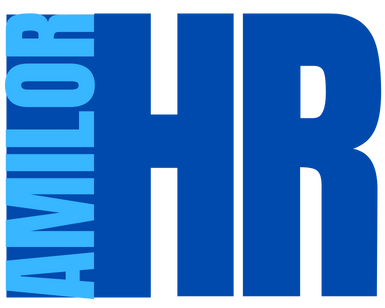Recruitment screening is a vital step in optimizing candidate selection and saving precious time in the hiring process. This pre-selection and CV sorting phase enables companies to quickly identify the most promising profiles. Let’s take a look at the challenges of screening and the best practices for getting the most out of it.
What is CV screening?
Screening is the first stage in the recruitment process, which consists of analyzing and filtering the applications received. This phase enables us to determine which candidates best match the criteria required for a given position. Traditionally carried out manually by recruiters, screening is evolving with the advent of new technologies.
Artificial intelligence (AI) is transforming this stage, enabling :
- rapid processing of large volumes of CVs
- Increased sorting accuracy
- Potential reduction in human cognitive bias
- Optimization of recruitment costs
On the other hand, AI also has certain limitations. It may have difficulty assessing candidates’ soft skills and potential. What’s more, if poorly parameterized, it can reproduce existing biases. This is why it is essential to combine the use of intelligent HR tools with a human approach for effective screening.
How to maximize your chances when screening?
For candidates, understanding how screening works is crucial to optimizing their chances of being selected. Here are a few tips to help you stand out from the crowd:
- Adapt your CV to the job in question: highlight the most relevant skills and experience.
- Adopt a clear, professional format: Make your CV easy to read.
- Use relevant keywords: Integrate the terms used in the job offer.
- Highlight essential information: Name, contacts, target position should all be easily identifiable.
- Take care with the cover letter: Although secondary, the cover letter shows your motivation and your research into the company.
On average, recruiters spend less than a minute on each CV. You need to be concise and punchy to grab their attention quickly.
| CV element | Importance for screening |
|---|---|
| Personal information | High |
| Professional experience | Very high |
| Education | High |
| Technical skills | Very high |
| Interests | Moderate |

The advantages of outsourcing CV screening
Faced with increasing volumes of applications, many companies are opting to outsource their CV screening. This approach offers several significant advantages:
1. Considerable time savings: External services can process large numbers of applications quickly, often within 72 hours, allowing HR teams to concentrate on other value-added tasks.
2. Personalized responses to candidates: Outsourcing ensures professional follow-up for all candidates, including those not selected, thereby improving the company’s employer brand image.
3. Real-time updates: Outsourced service providers update candidates’ status in the Applicant Tracking System (ATS), facilitating follow-up of the recruitment process.
4. Specialized expertise and tools: Outsourcing companies often have advanced technology and screening expertise, which can improve the quality of pre-selection.
Outsourcing screening is part of a wider trend towards automating HR processes, enabling companies to focus on the strategic aspects of recruitment.
Alternative strategies for bypassing traditional screening
Although screening is an unavoidable part of the recruitment process, there are ways of bypassing or complementing it to increase your chances of being noticed:
Networking: Developing your professional network remains one of the most effective ways of accessing job opportunities. Personal recommendations can often bypass the traditional screening process.
Smart pools: Many companies maintain databases of interesting candidates they have met in previous recruitments. Keeping in touch with these companies can increase your chances of being called back for future opportunities.
Targeted unsolicited applications: By sending a well-prepared application directly to the decision-maker, you can sometimes avoid the initial screening phase.
Participation in professional events: Job fairs, hackathons or other industry events give you the opportunity to meet recruiters directly and showcase your skills in person.
In short, recruitment screening is a key step that is evolving with new technologies. Whether you’re a candidate or a recruiter, understanding its mechanisms and knowing how to optimize them is essential to success in the modern hiring process. The alliance between AI tools and human expertise seems to be the key to effective and fair screening.

